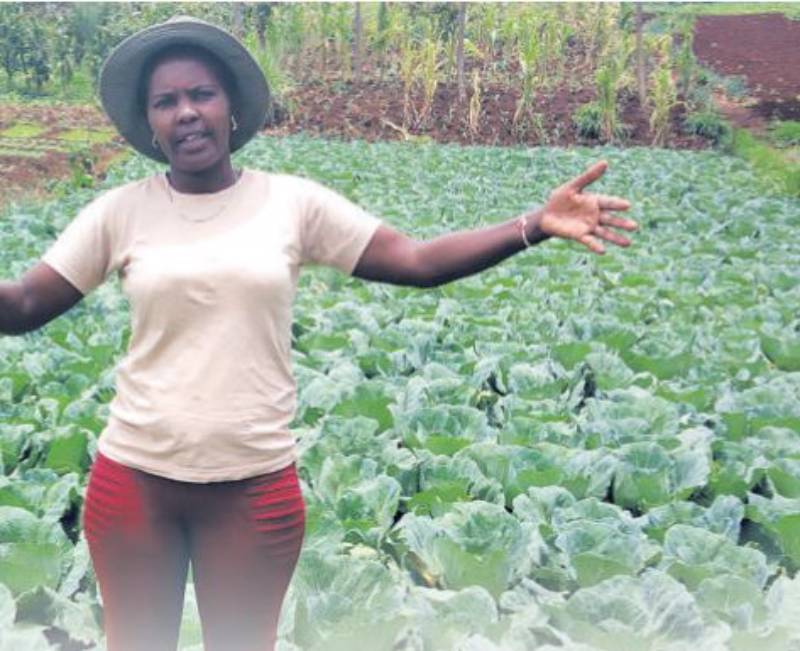×
The Standard e-Paper
Kenya’s Boldest Voice

At 33, Lucy Wambui who comes from Nyeri County is smiling all the way to the bank due to her leafy cabbage, which she grows for commercial purposes.
She never minds what fellow youths brand her for associating herself with farming, a venture believed to be that of retirees.